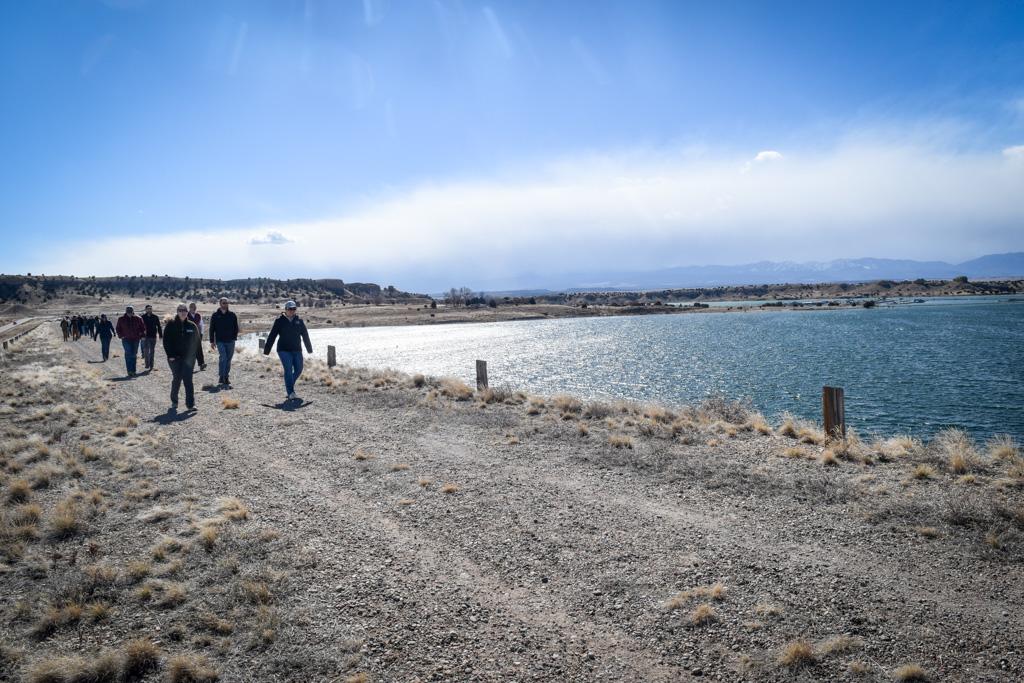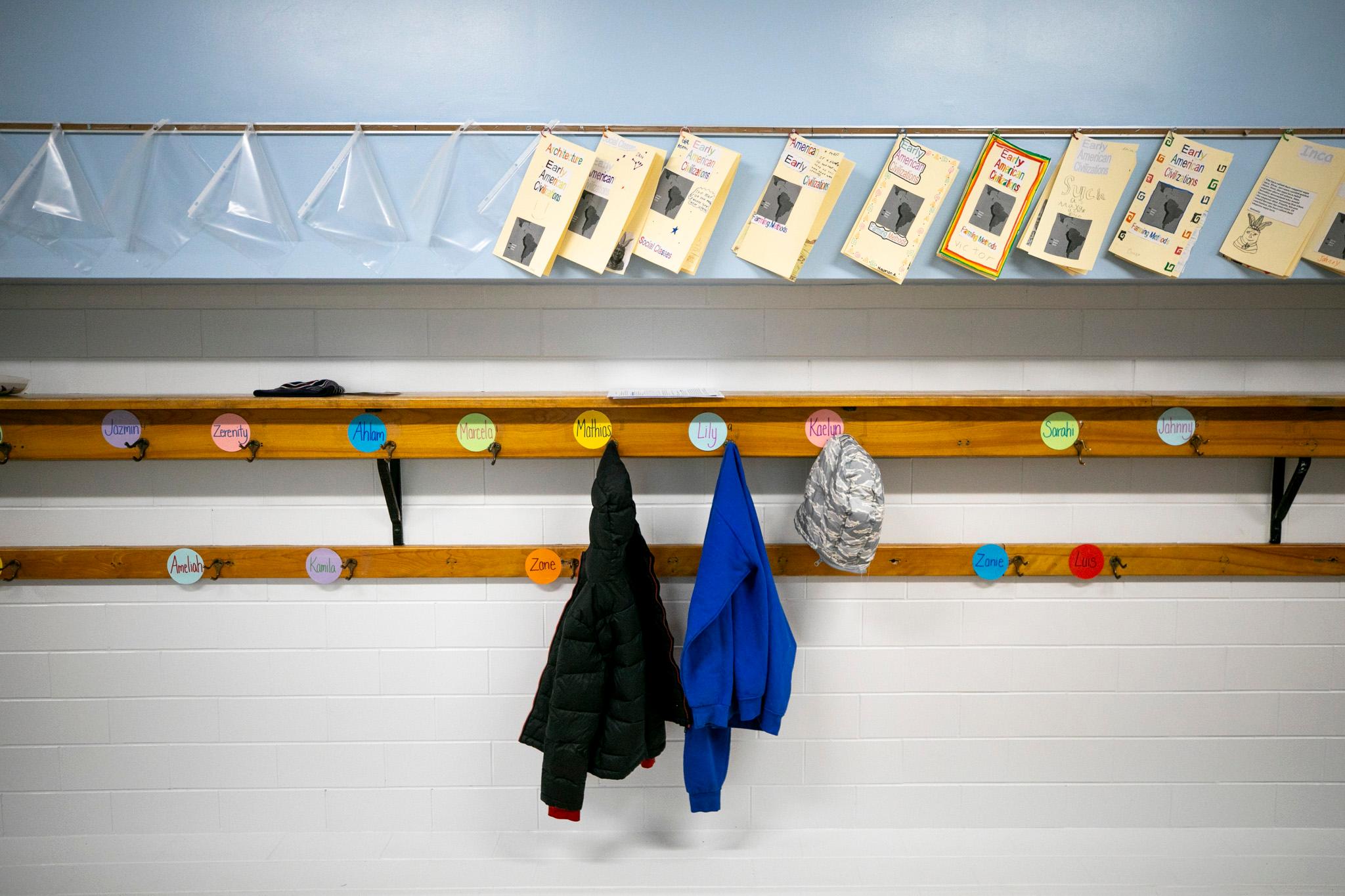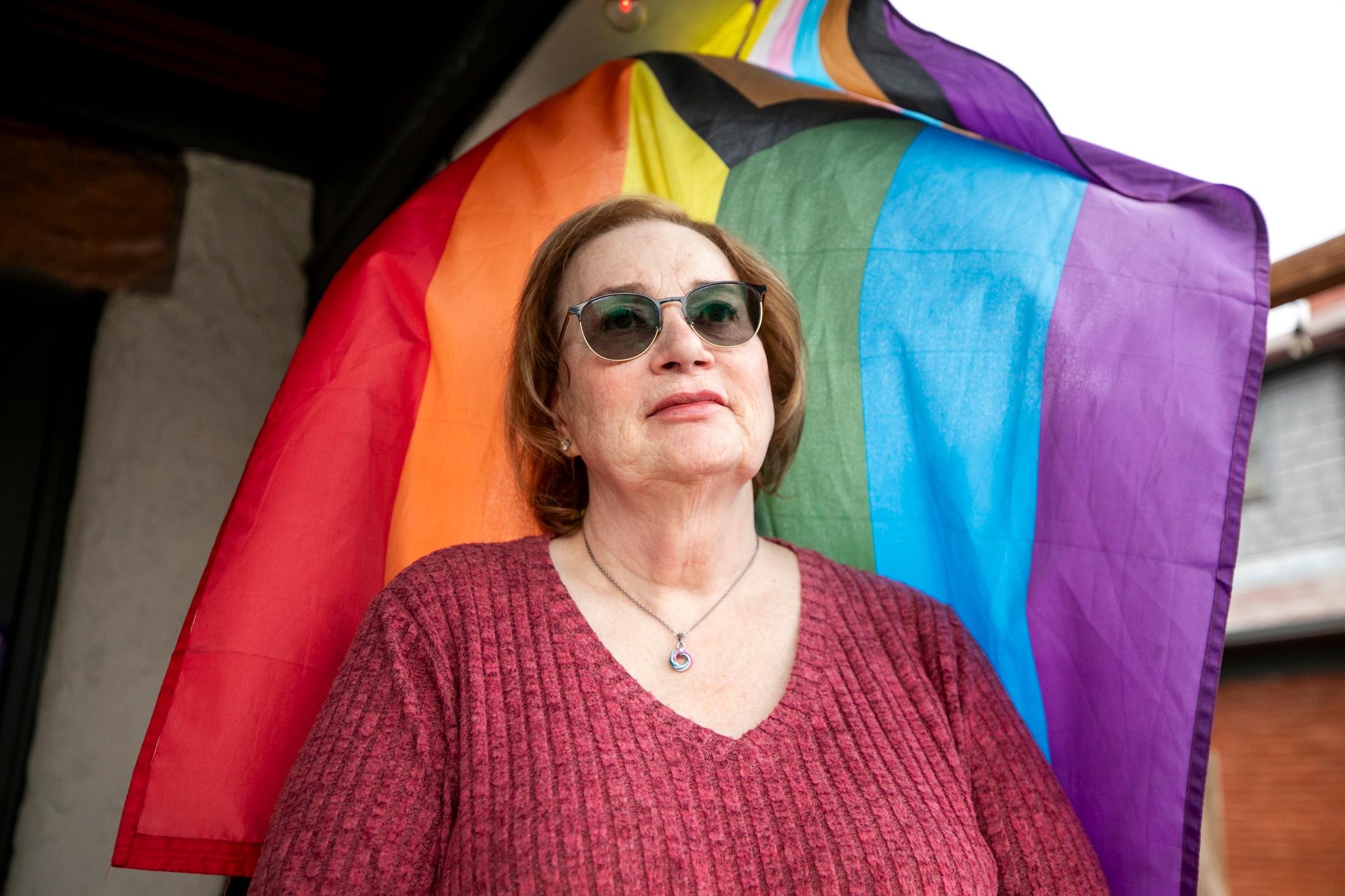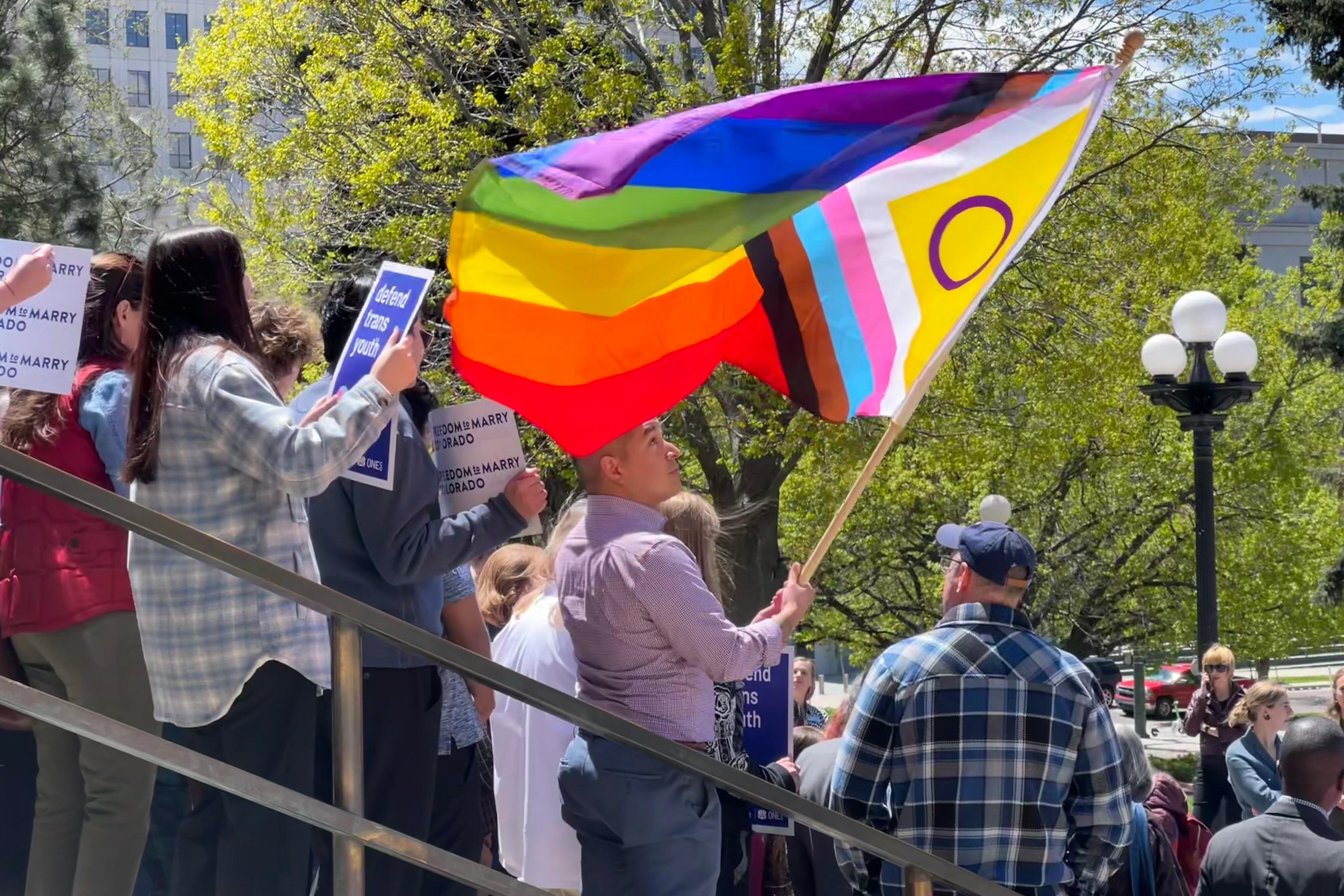
Updated at 12:42 p.m. on Tuesday, March 11, 2025
The U.S. Supreme Court has agreed to hear a freedom of speech case challenging Colorado’s statewide ban on conversion therapy for LGBTQ+ youth in its upcoming fall session.
The outcome of the case, expected in 2026, could either protect or roll back conversion therapy bans across the nation.
Colorado’s Minor Conversion Therapy Law prohibits all mental health professionals in the state from attempting to change a client’s sexual orientation or gender identity during therapy sessions. It also imposes penalties for those violating the law, including a $5,000 fine and the potential loss of their license.
The case before SCOTUS
Justices will review a case stemming from a 2024 lawsuit filed by Alliance Defending Freedom, a conservative law firm, on behalf of Colorado Springs counselor Kaley Chiles. It claimed that the state’s law, which passed in 2019, censors Chiles’ free speech by preventing her from counseling children who wish to affirm their biological gender identity and sexual orientation.
In a press conference Monday, Chiles said she believes the constitution protects her first amendment right to speak freely with her clients.
“I'm facing a serious challenge,” Chiles said. “This law silences diverse perspectives and interferes with my ability to serve my clients with integrity. Children today are struggling with complex issues and they need space to explore their feelings and concerns. Unfortunately, Colorado's law pushes them toward harmful medical interventions like drugs and surgeries by prohibiting supportive conversations that could help them navigate their struggles in a healthier way.”
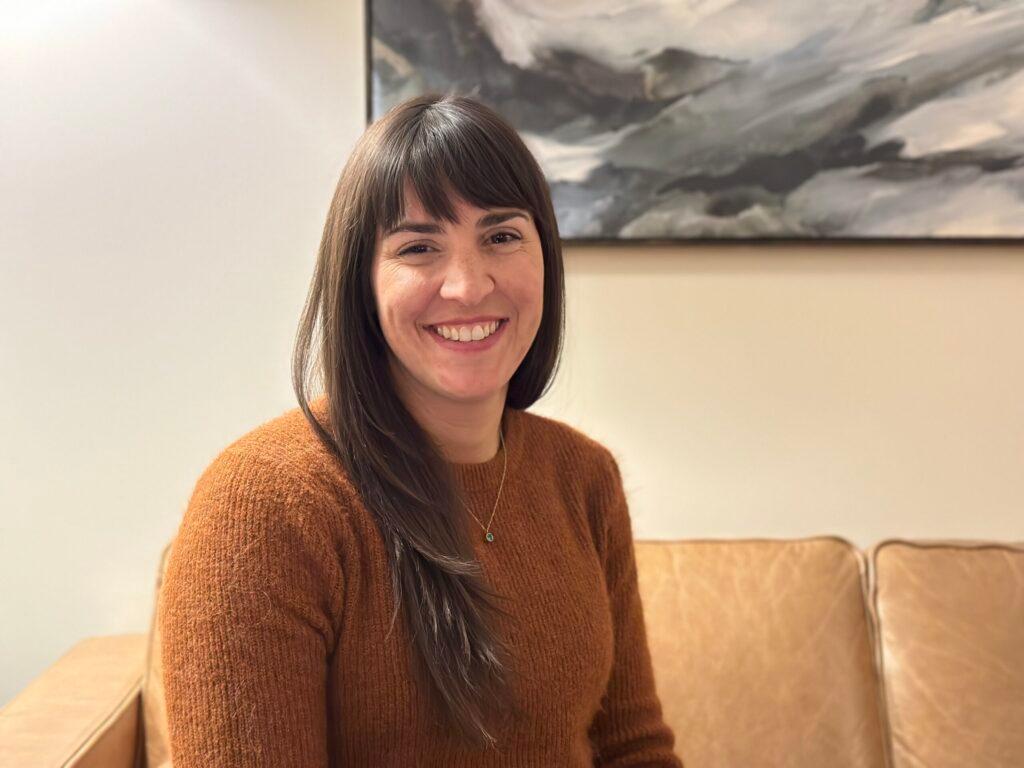
Psychology organizations, including the American Psychological Association and the American Academy of Child and Adolescent Psychiatry, have denounced conversion therapy, which treats being gay or transgender as a mental illness.
“Coloradans place immense trust in medical providers and their researched-based care,” said Democratic Rep. Brianna Titone, Colorado’s first openly transgender state legislator. “Conversion therapy is purely pseudoscience and we should speak out against any cruel and concerted efforts to undermine protections for the LGBTQ+ community."
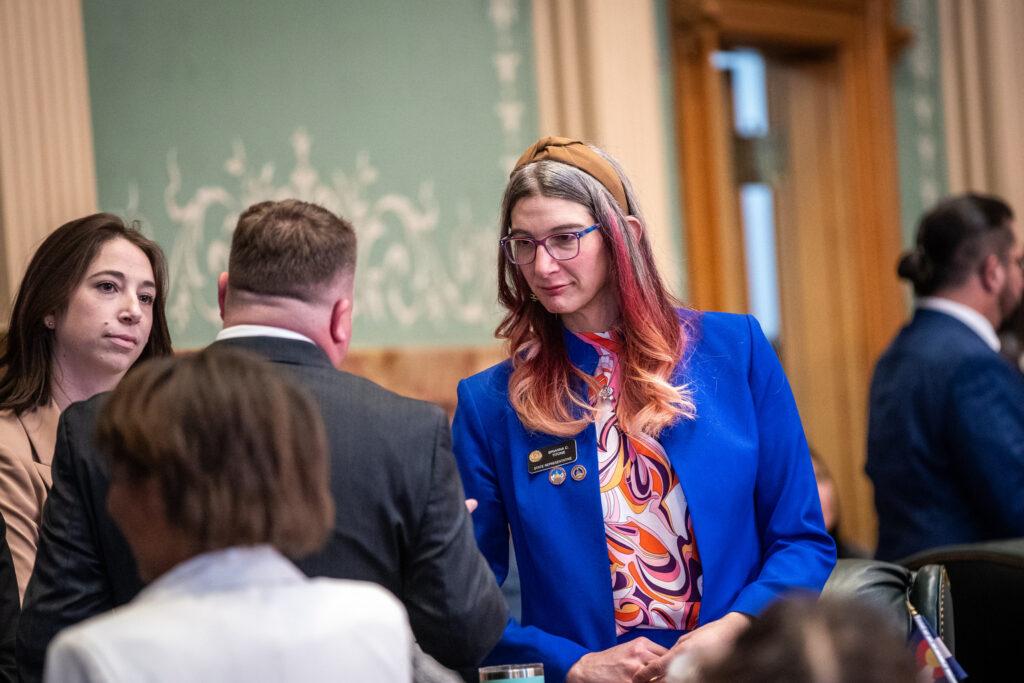
In Colorado, parents and guardians of people under the age of 18 can legally bring their child to therapy, regardless of whether they want to go or share their parents’ religious beliefs. However, Chiles’ attorneys say she only works with clients who wish to willingly participate in her sessions.
When asked how many clients Chiles has had to turn away due to the current law, attorney Jim Campbell did not have an exact number.
“There's nothing in the record that goes into detail about how many, but there have been clients in the past where due to this law, she has had to politely decline her services,” Campbell said.
Colorado's conversion therapy ban
Colorado’s law banning the practice, and similar policies across the nation, began cropping up in 2013 after a ruling in Pickup v. Brown ultimately classified therapy treatments as a form of professional conduct rather than speech. Three judges dissented, and now the Third, Ninth, Tenth and Eleventh Circuits are now evenly split on the issue.
The Democratic-controlled state legislature passed Colorado’s law and made it the 18th state — and the fourth that year — to ban conversion therapy for minors. Democrats had tried to pass it for years and failed, but found success once they gained control of both legislative chambers. It passed mostly along party lines, but did have GOP support in each chamber.

Bente Birkeland/CPR News
Gov. Jared Polis, the first openly gay governor elected in the country, has said conversion therapy that aims to change the sexual orientation of LGBTQ youth isn’t backed up by any evidence. When he signed Colorado’s bill into law Polis said, “many of these so-called therapies or treatments are counterproductive leading to lifelong issues with depression, even ultimately ending in suicide for some.”
Colorado leaders react to SCOTUS case
Sen. Dafna Michaelsen Jenet, a Democrat, was one of the bill’s main sponsors.
“I’m very worried that the Supreme Court will not rule on the side of children who are being abused,” she said.
Former Democratic Senate President Steve Fenberg, who also sponsored the 2019 law, said the state passed it to save lives. He noted Colorado already regulates standards for licensed professionals, arguing the ban fits within the state’s purview.
“I would hope the Supreme Court would agree that even in these polarized political times, saving children’s lives is something that we should all prioritize,” he told CPR News in a text message.
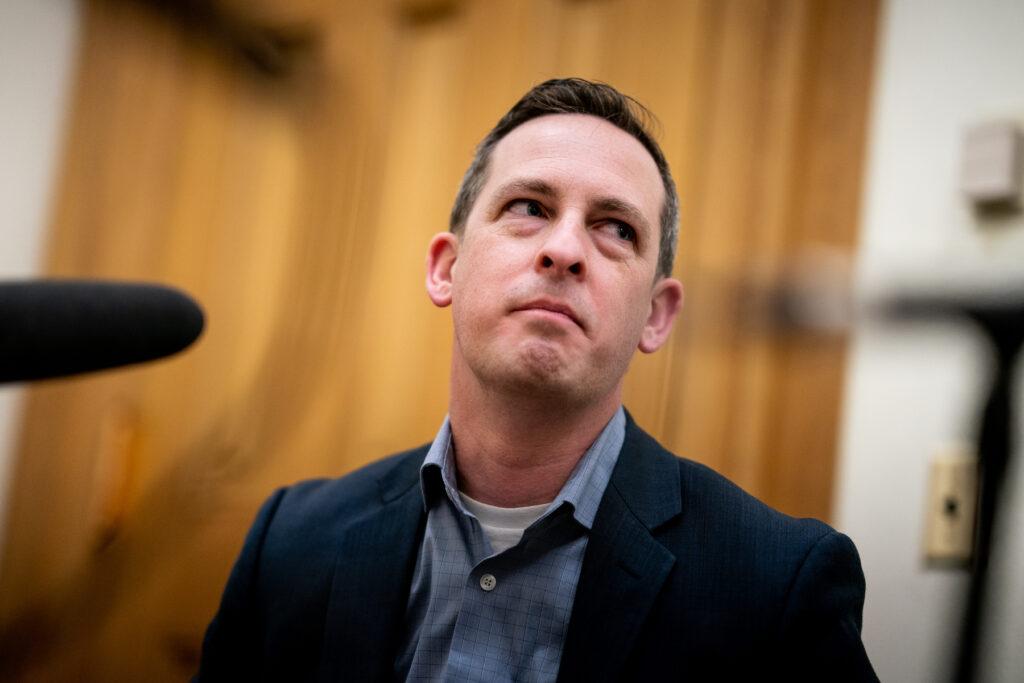
Under Colorado’s law, therapy should include acceptance, support and understanding for identity exploration and development “including sexual orientation-neutral interventions to prevent or address unlawful conduct, or unsafe sexual practices.”
Alliance Defending Freedom has filed and won, or partially won, similar freedom of speech cases in Colorado in recent years. One case involved a Christian graphic artist who refused to create websites for same-sex weddings.
“This is something that keeps coming up in Colorado,” Campbell said. “It is a broader problem, but it is something that the state of Colorado seems to be struggling with – the reality that the First Amendment prohibits them from forcing their ideology throughout all facets of society.”
The Alliance Defending Freedom was labeled as a hate group by the Southern Poverty Law Center in 2013, which describes it as a "virulently anti-gay" organization.
In a statement, the conservative group called the SPLC designation "discredited, partisan, and unsubstantiated propaganda."
"The Southern Poverty Law Center is a thoroughly discredited, blatantly partisan activist
outfit known for sexism, racism, and condoning domestic terrorism. No one should be
listening to the SPLC," said Jeremy Tedesco, a spokesperson for the Alliance Defending Freedom.
Editor's note: This story has been updated with additional comment from the Alliance Defending Freedom.
- How a Colorado psychologist proved being gay isn’t a mental illness
- ‘Deadnaming’ transgender people could be considered harassment under new bill
- Colorado sees ‘massive increase’ in trans people interested in relocating here after 2024 election
- Voters agree to remove same sex marriage ban from Colorado’s constitution
- Colorado to pay Christian graphic artist $1.5 million in legal fees for Supreme Court gay rights case

